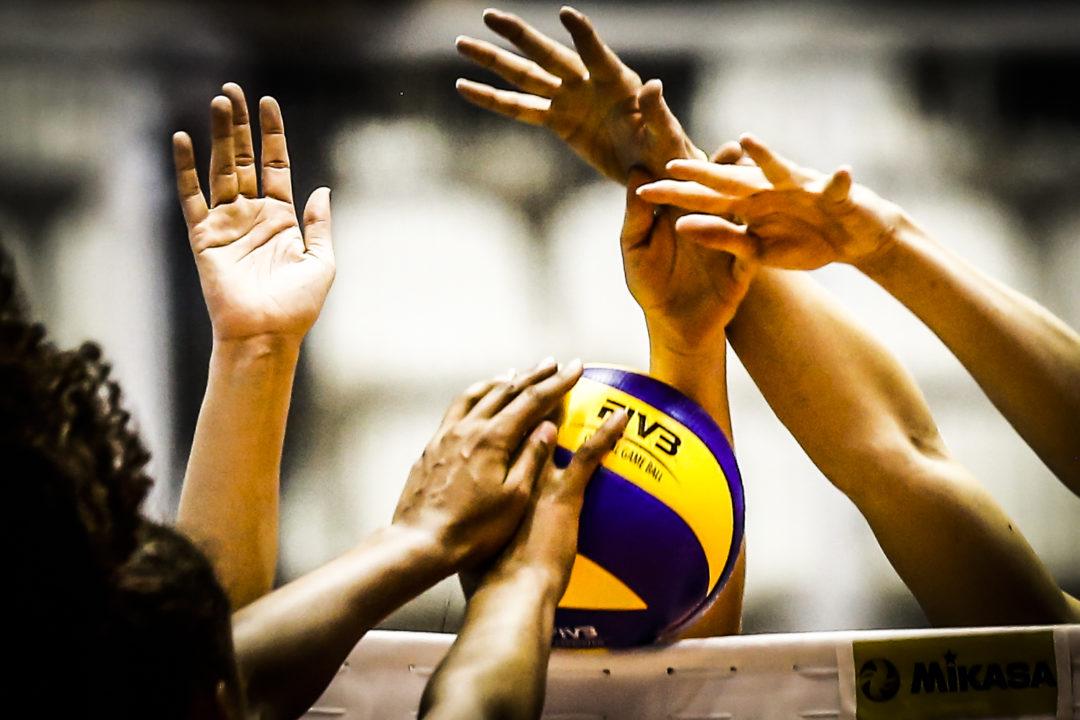Press Release courtesy of the IOC.
In response to the contemporary needs of athletes, the International Olympic Committee’s (IOC) Athletes Commission today presented a focused, action-orientated, and engaging Strategy. The Strategy includes initiatives to empower athlete participation in the Olympic Movement decision-making process and support athlete development in their sporting and non-sporting careers. It results from a 10-month consultation process with athletes and stakeholders.
“This is a defining moment for the IOC Athletes’ Commission, and I am thrilled to be launching a bold new Strategy on behalf of my fellow athletes and Members. This has resulted from months of collective efforts with athletes throughout the Olympic Movement and it now defines the direction that will lead our work over the next five years”, said Angela Ruggiero, member of the IOC Executive Board and chair of the Athletes Commission.
“We believe our Strategy is inclusive. We are ready to continue this important consultation and collaboration to engage with all athletes across the world to ensure we understand their perspective, and in turn, can engage with the entire Olympic Movement to make sure their voice is part of the decision-making process. To do this, we must be ‘All In’. All stakeholders must be part of this.”
IOC President Thomas Bach said: “The athletes are at the heart of the Olympic Games. Their voice is very important in the IOC. As the elected athlete representatives within the Olympic Movement, the IOC Athletes’ Commission is working to lead by example and provide a guiding reference for other athletes’ commissions. We are greatly supporting this Strategy. Having the Chair of the Athletes Commission as a member of the EB ensures the athletes’ voice is highly influential in all the IOC’s decisions.”
The Chair also took this opportunity to outline a future Charter of Athlete Rights and Responsibilities, which would mark a key implementation of the new “All In” Strategy.
A future direction driven by and for athletes
The link between athletes and the IOC, the IOC Athletes’ Commission is building on Olympic Agenda 2020 and the great work of former Commission members to further reinforce engagement with athletes, support them to succeed in their sporting and non-sporting careers, and create an effective global athletes’ commission network.
The IOC Athletes’ Commission’s Strategy for success consists of working together with athletes and the Olympic Movement to collectively:
– Empower athlete participation in Olympic Movement decision-making processes;
– Support athlete development;
– Promote the value of athlete involvement; and
– Ensure the viewpoint of athletes is represented amongst all Olympic Movement stakeholders.
Read the IOC Athletes’ Commission Strategy on the Olympic Athletes’ Hub
The development of this roadmap for the IOC Athletes’ Commission has been a collective effort. Since the Commission began defining its future focus in November 2016, it has involved athletes’ commission members from Continental Associations and International Federations, the IOC leadership and many other stakeholders within the Olympic Movement.
The IOC Athletes’ Commission will have the chance to put what’s on paper into practice at the 8th IOC International Athletes’ Forum on 11 to 13 November in Lausanne, Switzerland. During this three-day gathering of the athlete community, the various athlete representatives will learn how the Strategy will be put into action, and consequently empower and support their peers in their own organisations and within their communities around the world.
A Charter for all athletes
A Charter of Athlete Rights and Responsibilities will come to fruition under the new Strategy “All In”. It will address both the rights and responsibilities of athletes as well as those of organisations.
The Charter will be for all athletes – Olympic and non-Olympic – and sets to address various topics including integrity and clean sport, sports competition, governance and career transition. To ensure it truly reflects the voice of athletes, a broad and direct engagement with athletes will begin as well as with various other organisations such as the World Anti-Doping Agency (WADA), the Association of National Olympic Committees (ANOC) and international sports federations, to list a few.
With the adoption of Olympic Agenda 2020, the IOC has significantly strengthened its support to athletes, through programmes such as the Athlete Career Programme and the Athlete Learning Gateway. It continues its efforts to protect clean athletes through various initiatives, including safeguarding athletes from harassment and abuse in sport and the fight against doping and all forms of competition manipulation. Via the Olympic Athletes’ Hub, athletes are also able to engage directly, all year round, with the IOC Athletes’ Commission, as well as access at any given time the various programmes and resources available to them.
The International Olympic Committee is a not-for-profit independent international organisation made up of volunteers, which is committed to building a better world through sport. It redistributes more than 90 per cent of its income to the wider sporting movement, which means that every day the equivalent of 3.4 million US dollars goes to help athletes and sports organisations at all levels around the world.

Leave a Reply